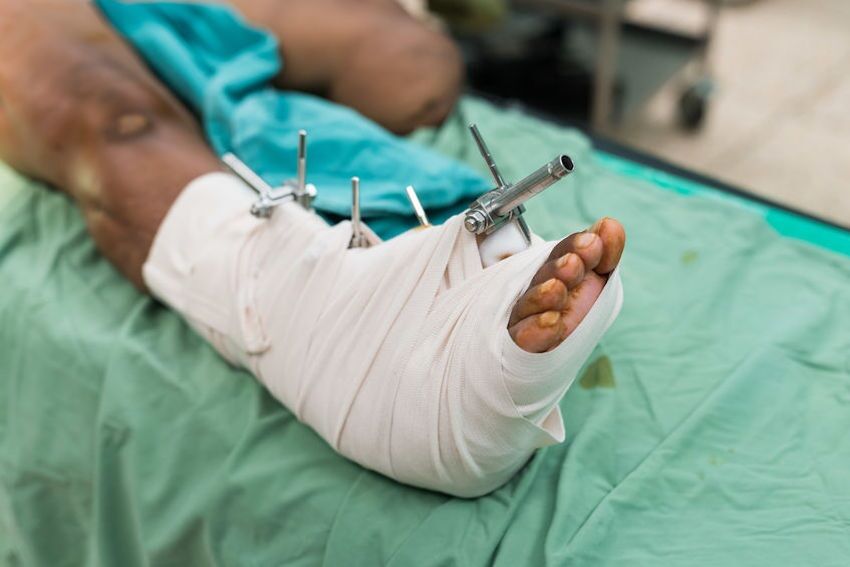
Foot pain management is a leading concern for patients getting ready to head into surgery. Even a severe injury may lead to long-term pain. How long will the pain last during recovery? Will you be able to walk normally again? These questions often race through a patient’s mind after sustaining an injury or before surgery. However, the fear of the unknown shouldn’t prevent you from getting the treatment you need. Here’s how a doctor may help you deal with pain.
Waking up from surgery is both a blessing and a curse. Initially, you feel relieved that everything went well, but soon, you begin wondering what lies ahead. Recovering from any traumatic event takes time, but your doctor should start managing your pain even before you wake up.
Your surgeon may apply a long-lasting local anesthetic to reduce your pain level immediately after your surgery. These medications block pain nerves, so you shouldn’t feel a thing. Your foot may be limp or numb, but all sensation will return once the anesthetic wears off.
Pain medications are more effective than ever. Your doctor may prescribe you a few medications to take for days or weeks following your procedure. It’s best to take these pills on schedule to keep your pain at a minimum.
If you require something a bit stronger, you can ask your doctor about prescribing a pain pump. This device allows you to administer more medication with the push of a button for faster, more efficient delivery. However, most doctors reserve this treatment for more complicated, slower healing procedures.
It’s also possible to reduce your pain through conservative measures. Many foot doctors suggest the RICE plan to their patients. Here’s what this method entails:
Your doctor will provide you with detailed instructions about how to get the most benefits from the RICE method. When used alongside prescription medications, patients often report minimal foot pain after surgery.
Of course, the secret to great care after surgery is finding a doctor you can trust. The staff at Foot HealthCare Associates takes pride in creating a compassionate, safe environment for all of our patients. Our doctors have a warm, caring bedside manner, and we always listen to the concerns of all patients. After surgery, we will guide you through the recovery process to make it go as smoothly as possible. Connect with us online to learn more about our foot pain management recommendations.
©Copyright 2025 Foot Healthcare Associates.
©Copyright 2025 Foot Healthcare Associates.